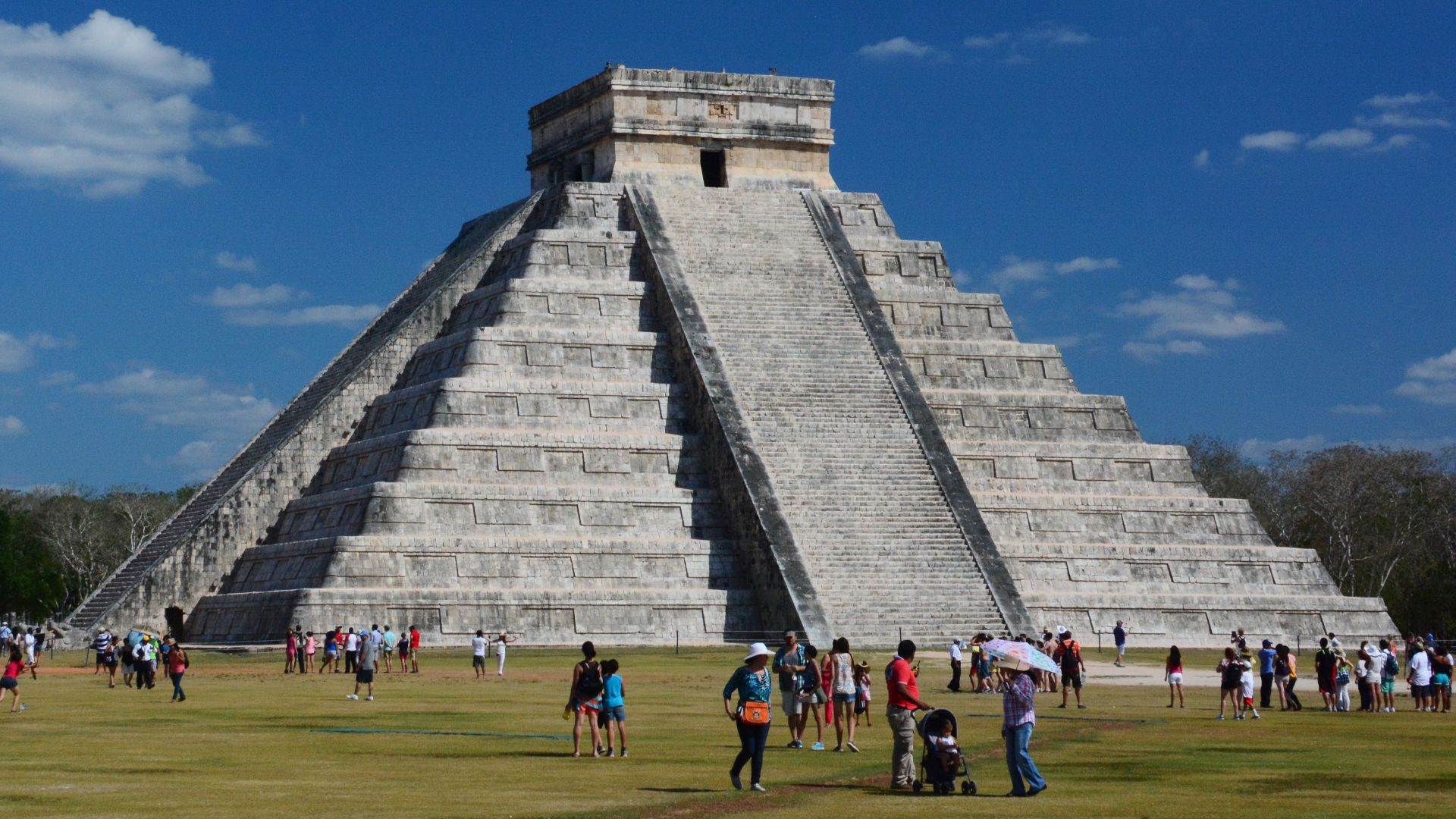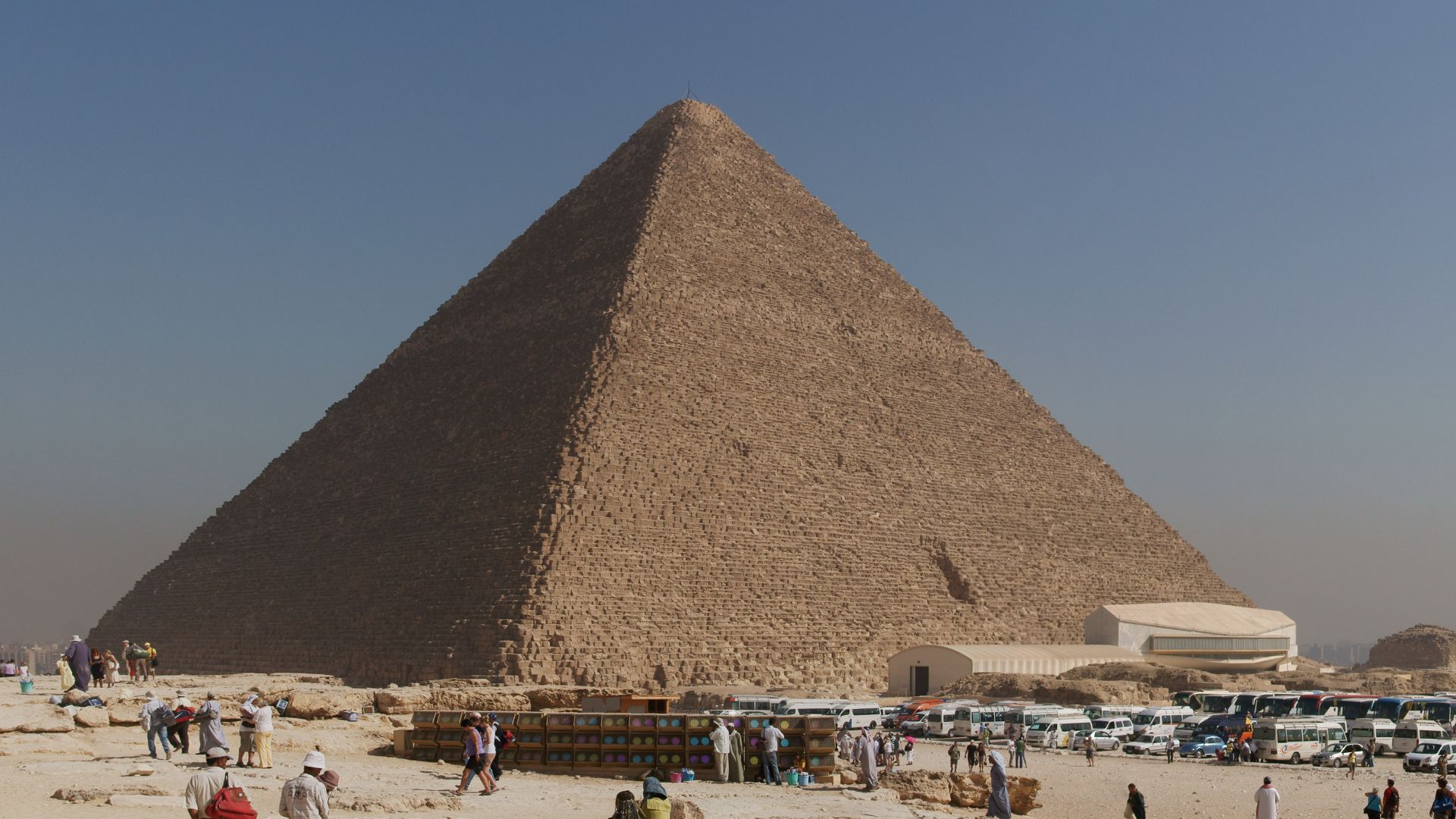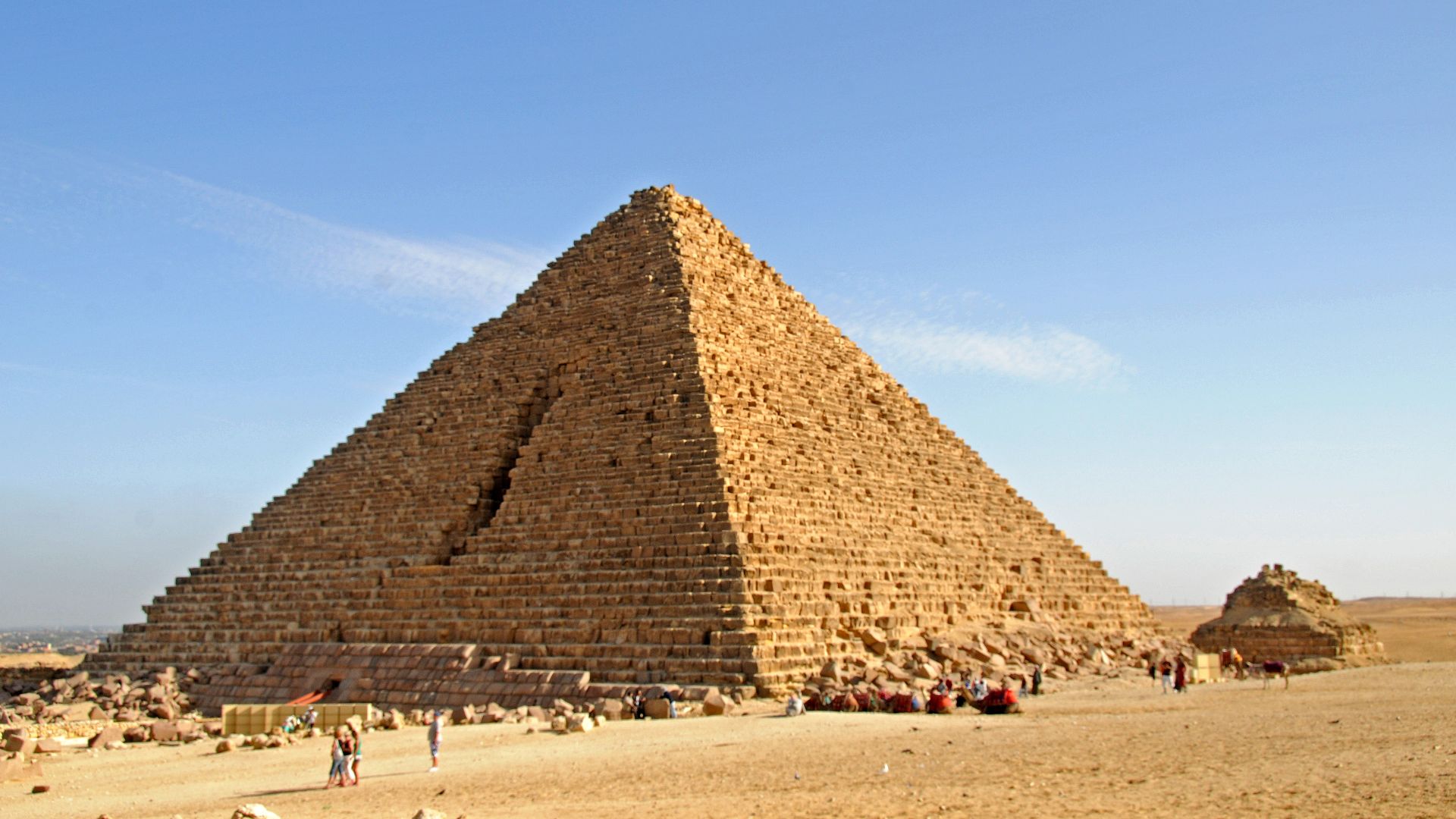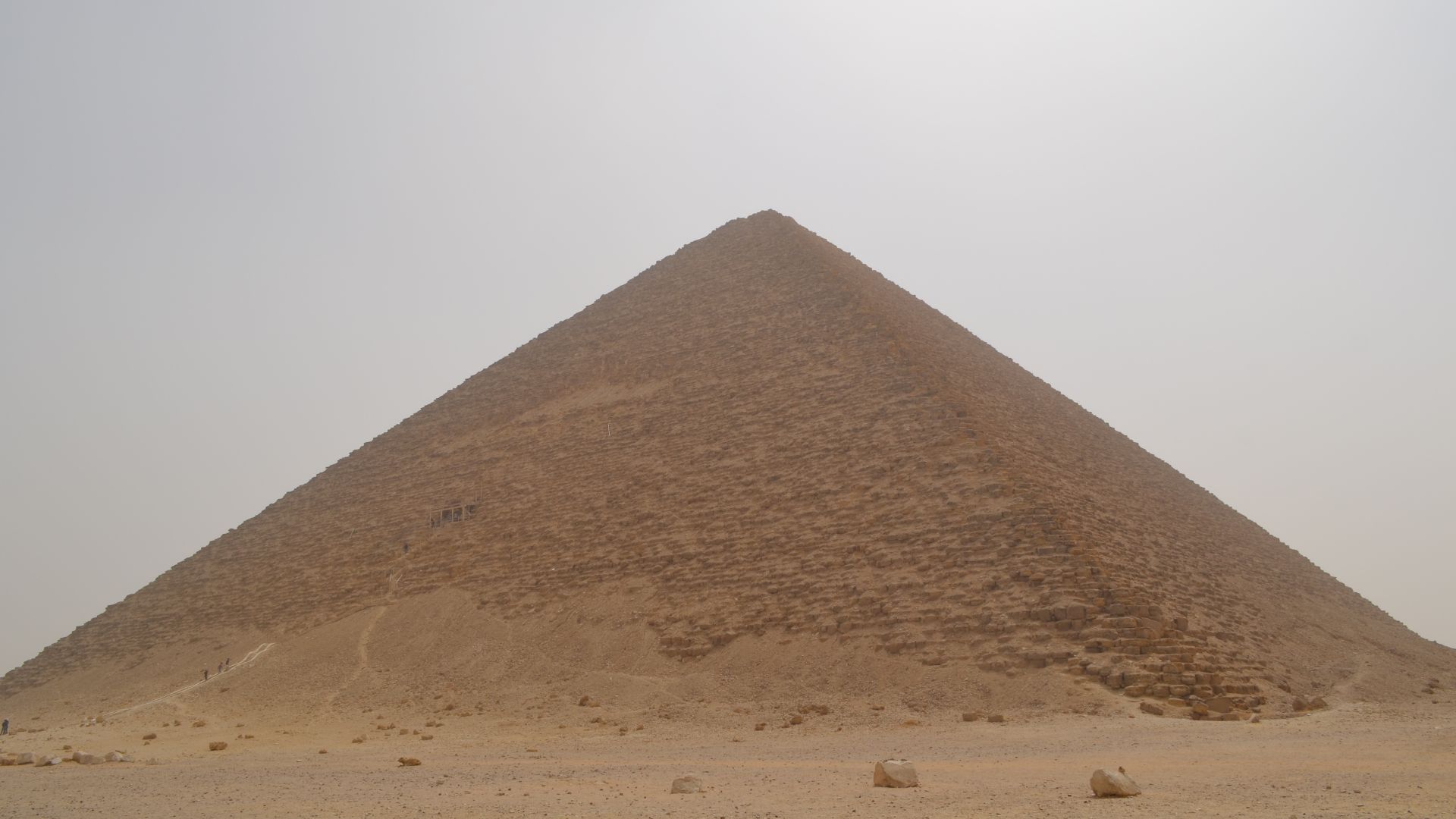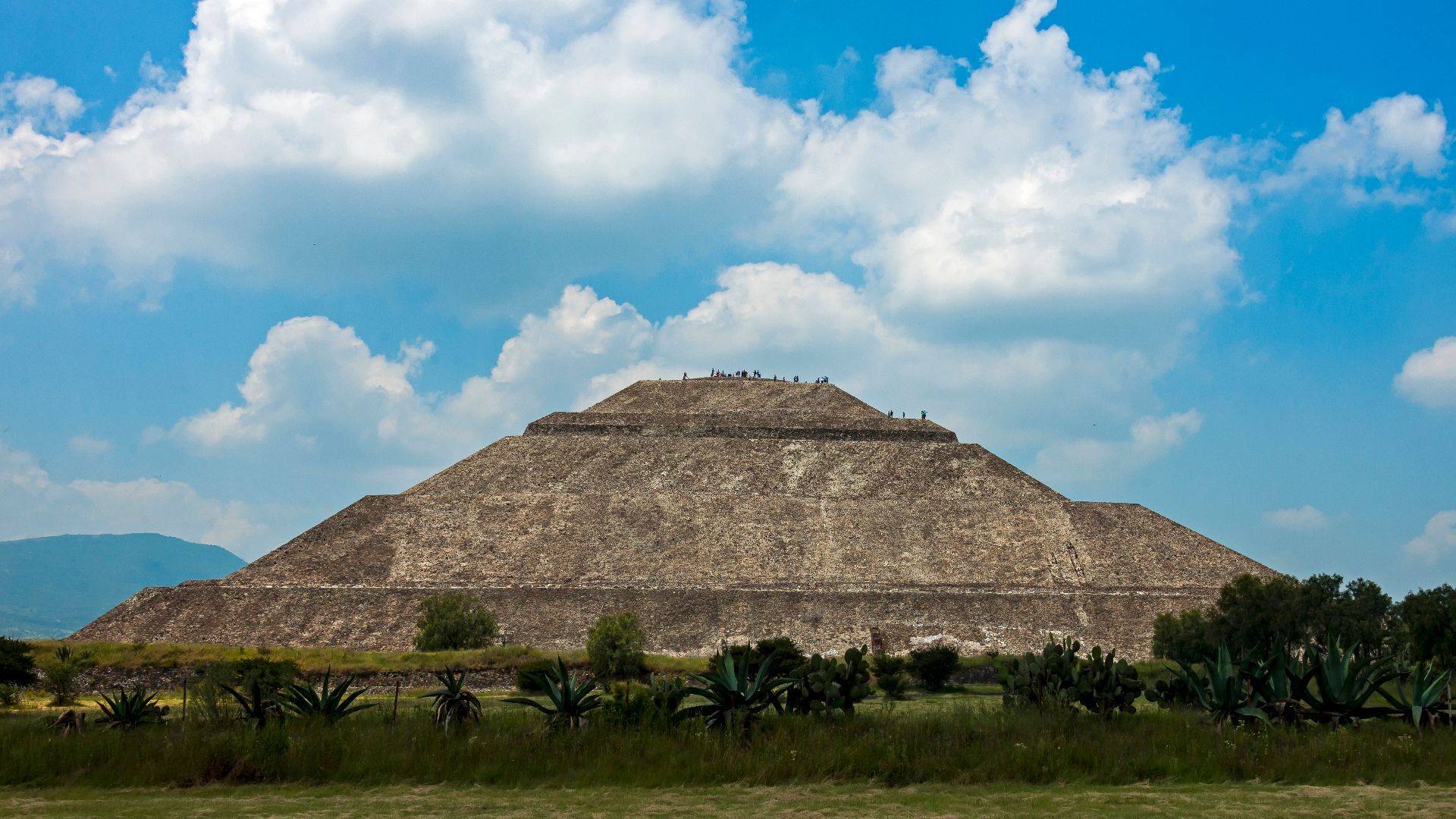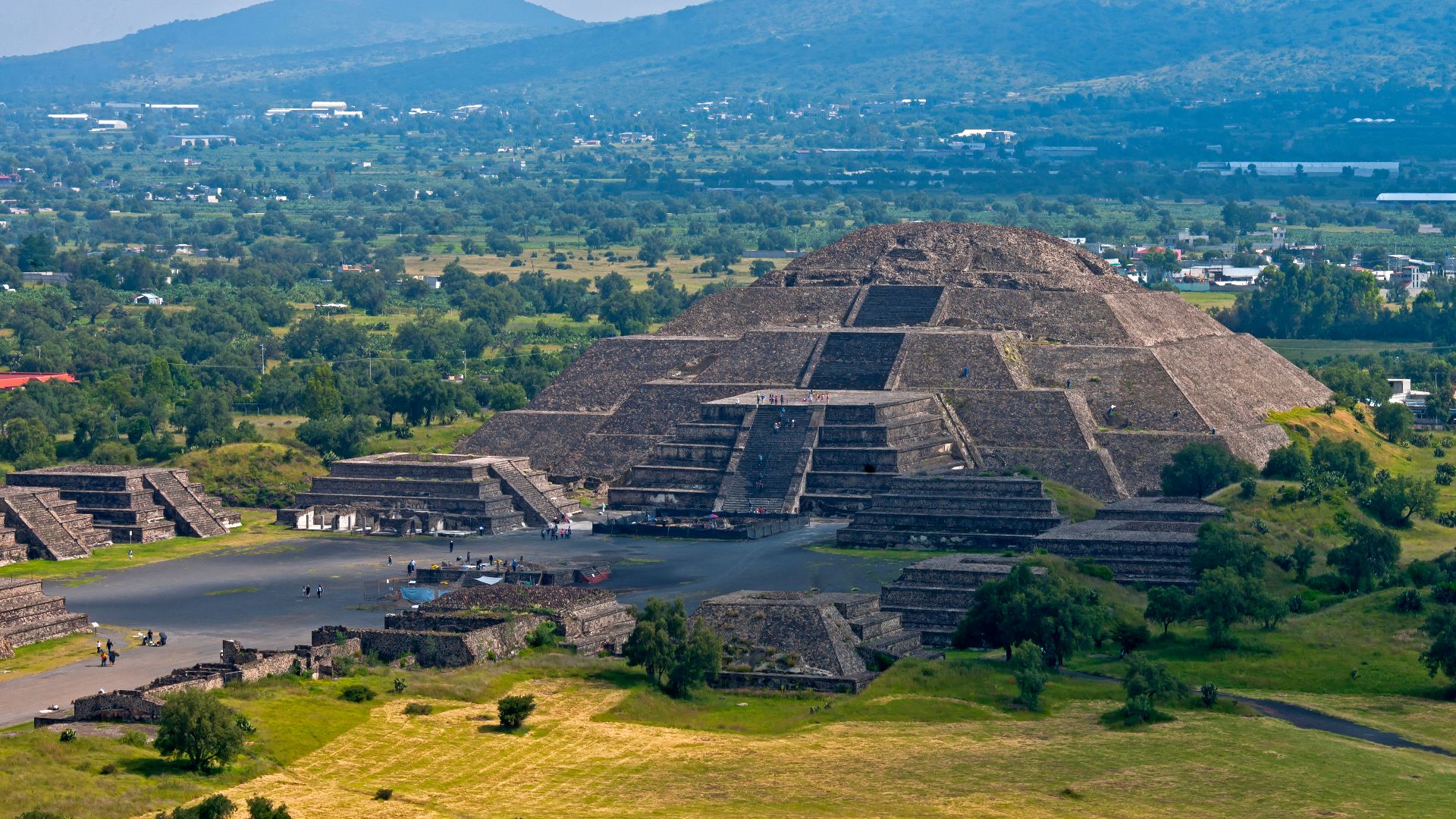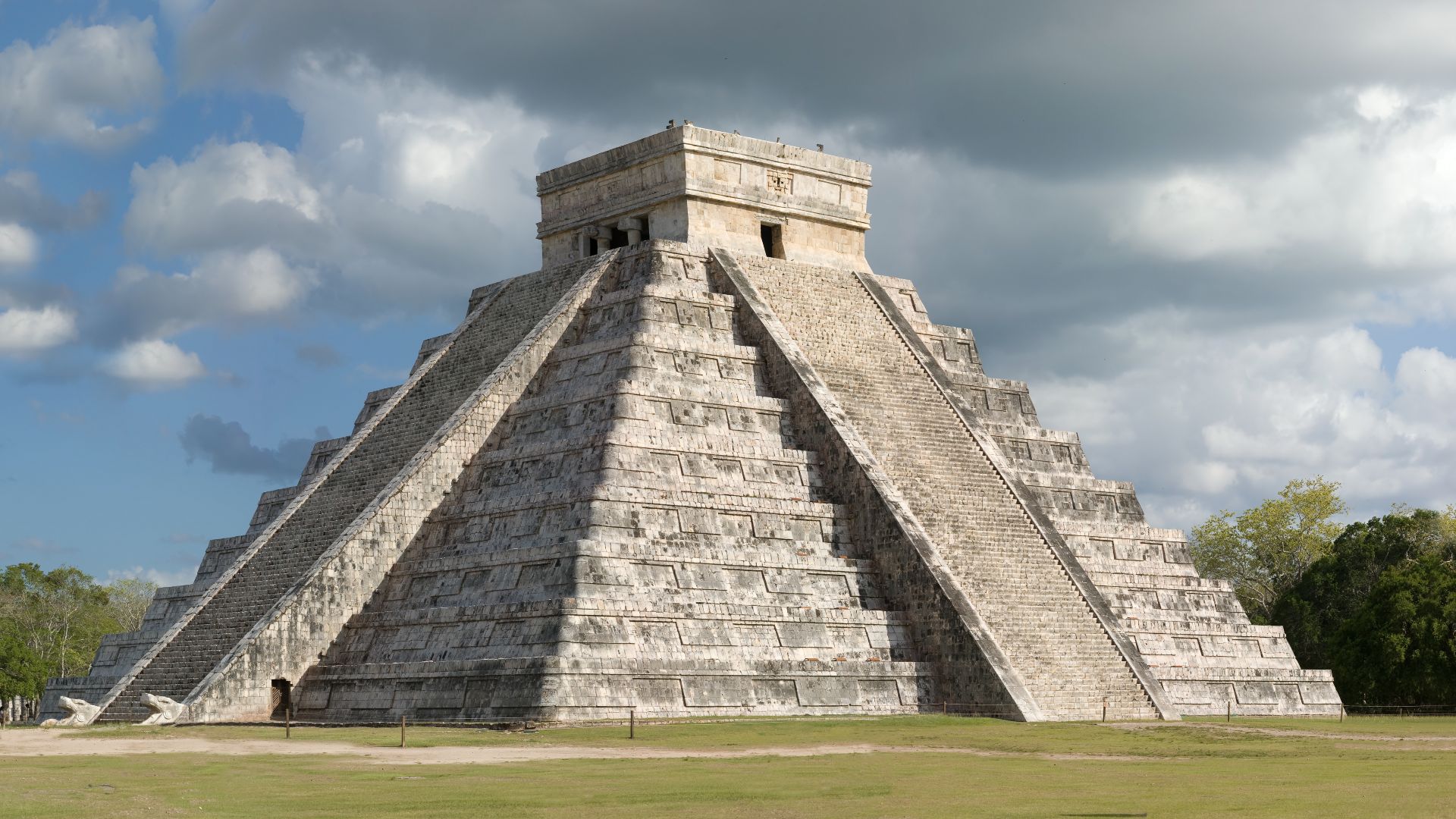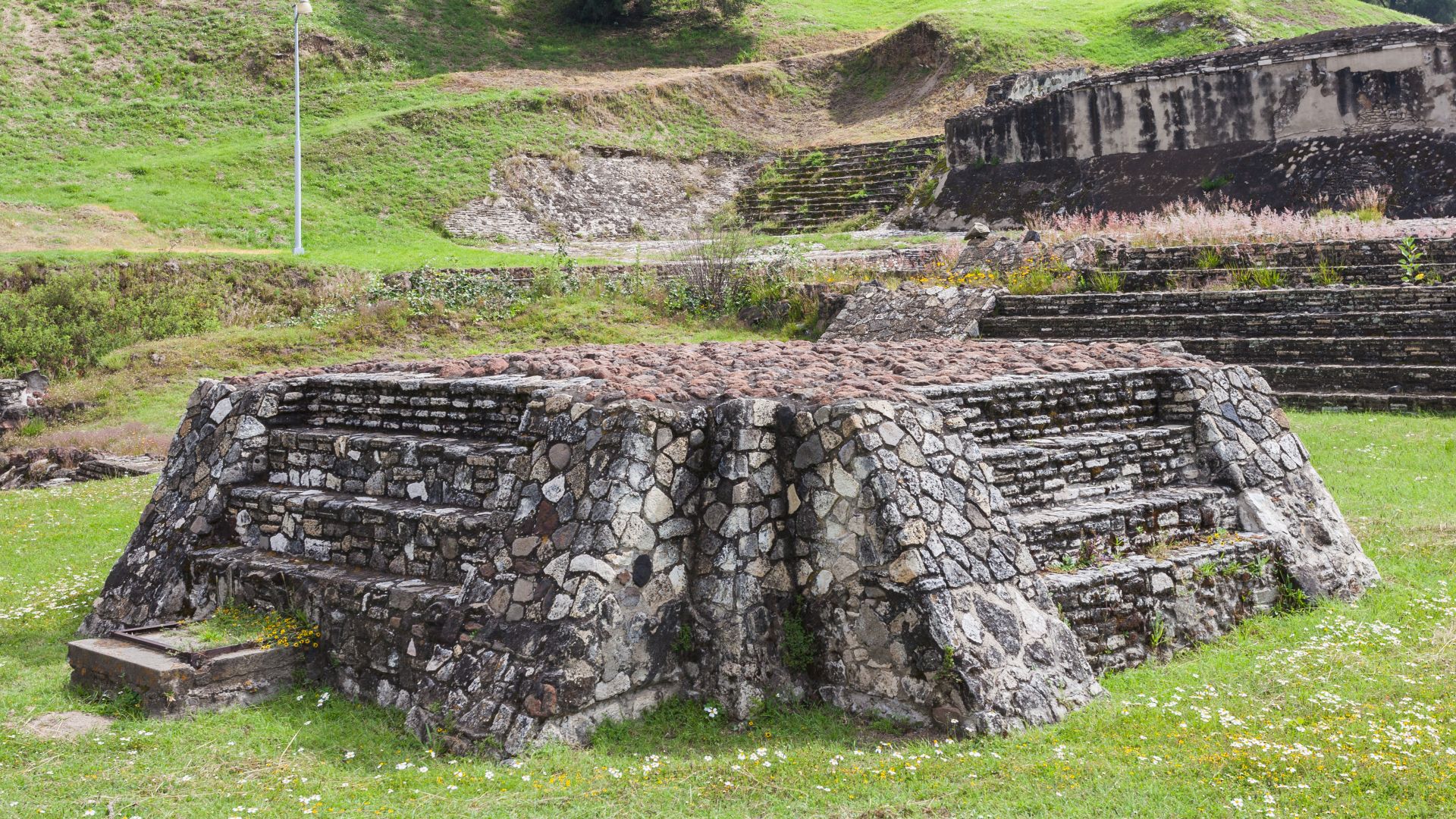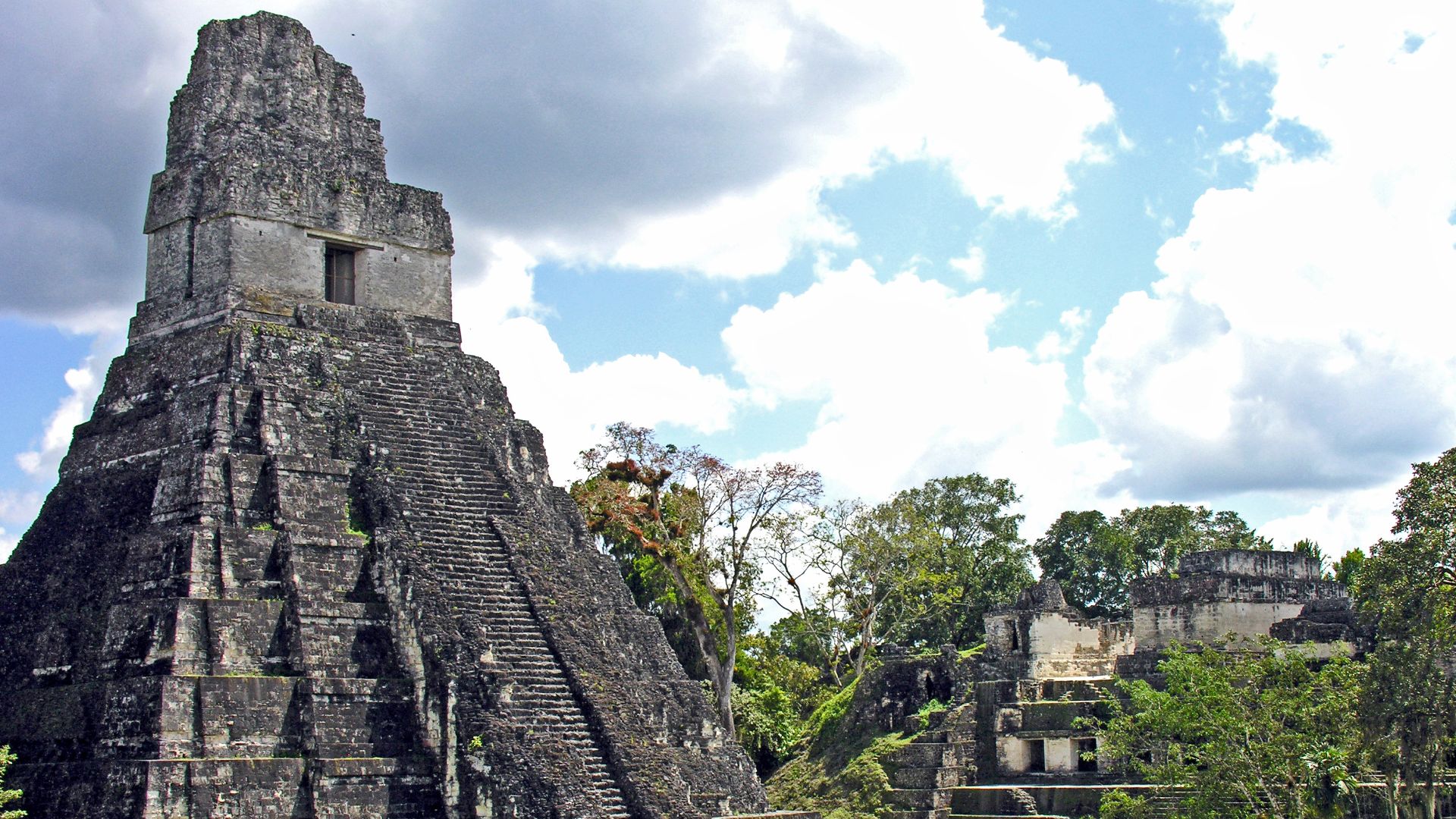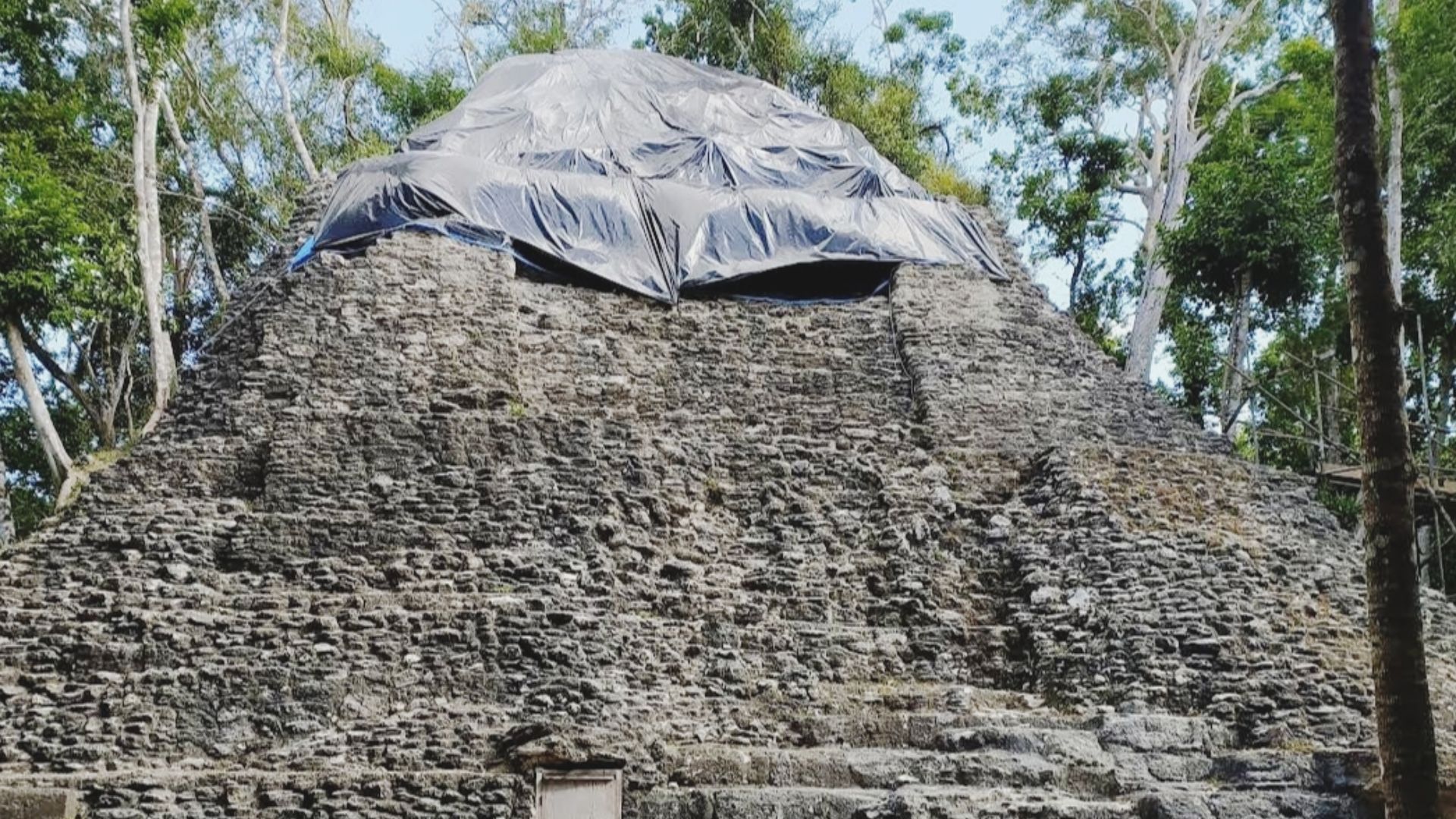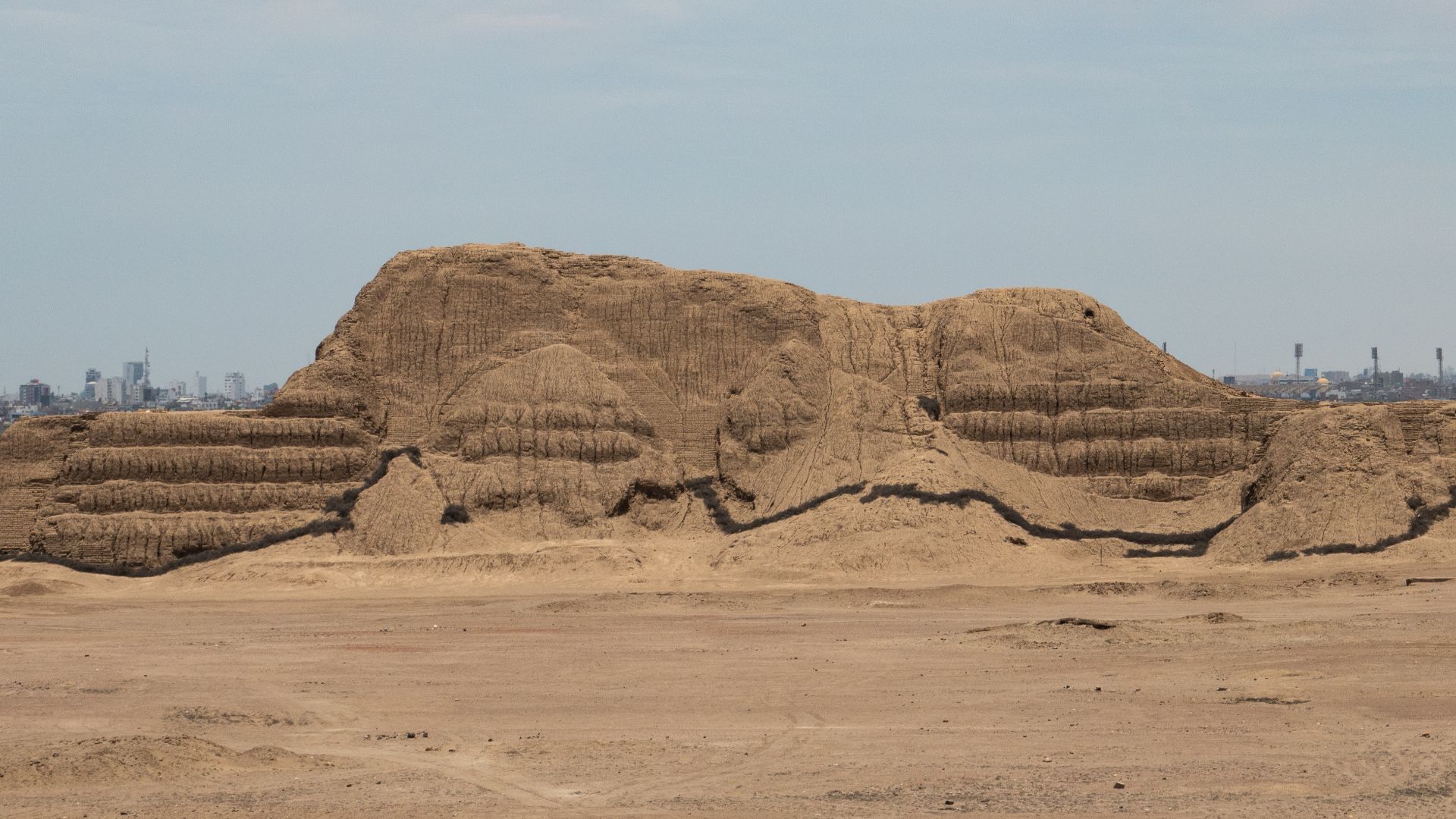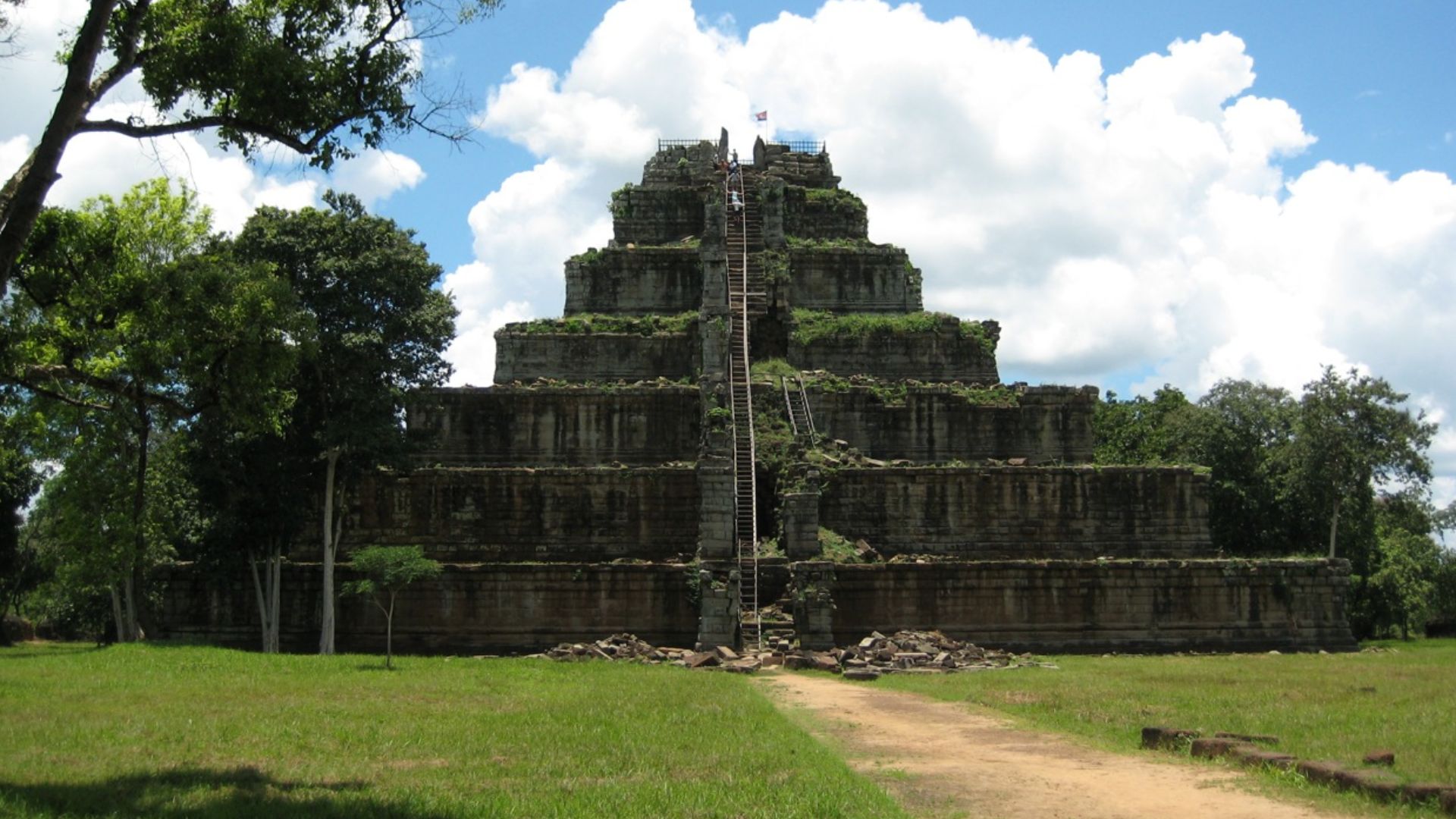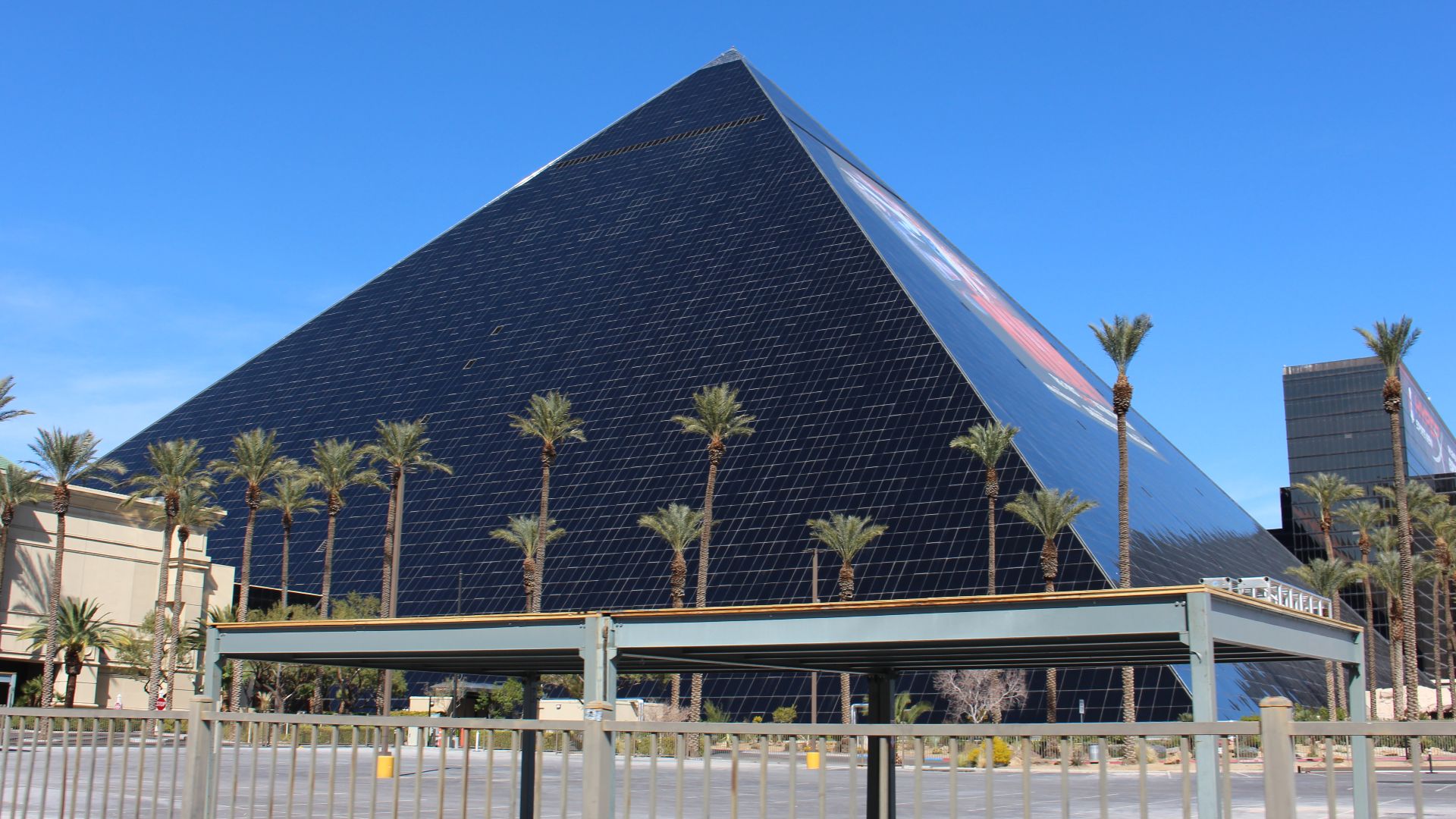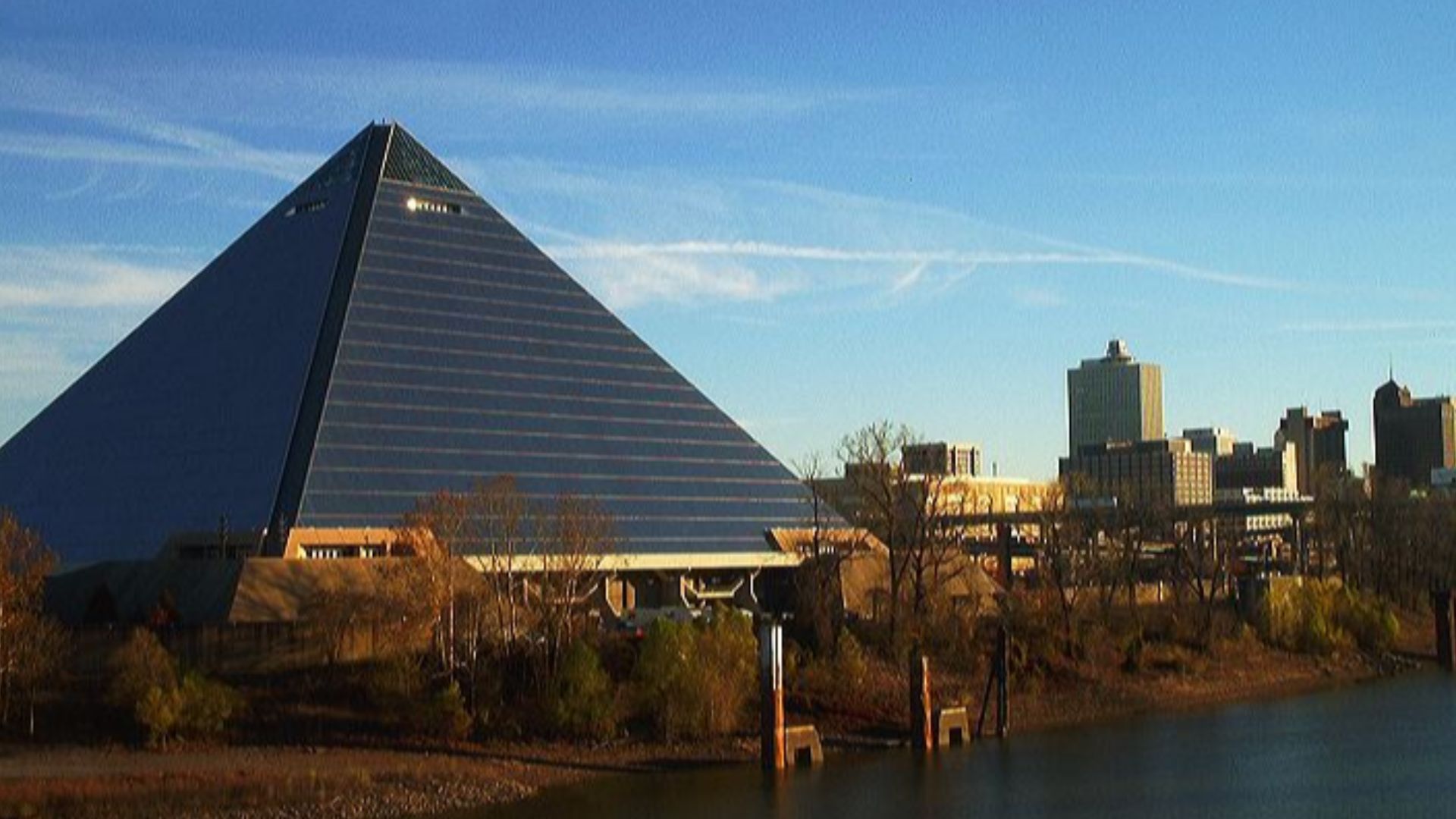Timeless Architectural Wonders
Pyramids are one of those things that manage to stay cool no matter how old they get. You see one, and even if you're not into history, your brain still does a double-take. And while some of these structures are perfectly preserved, others are still causing debates over who built them and why. So, here are 20 of the world’s most famous pyramids—each one with its own story.
1. Great Pyramid Of Giza – 455 Feet (Egypt)
Built for Pharaoh Khufu, this limestone giant anchors the Giza Plateau and aligns almost perfectly with the true north. Some internal blocks weigh over 70 tons, and theories about its construction still spark debate. Its precise orientation and scale continue to baffle modern architects.
2. Pyramid Of Khafre – 448 Feet (Giza, Egypt)
Khafre’s pyramid appears tallest, thanks to its elevated foundation and still-visible casing stones near the summit. It’s also directly linked to the iconic Great Sphinx, which faces the rising sun. The pairing of monument and sculpture reflects ancient Egyptian beliefs in divine kingship.
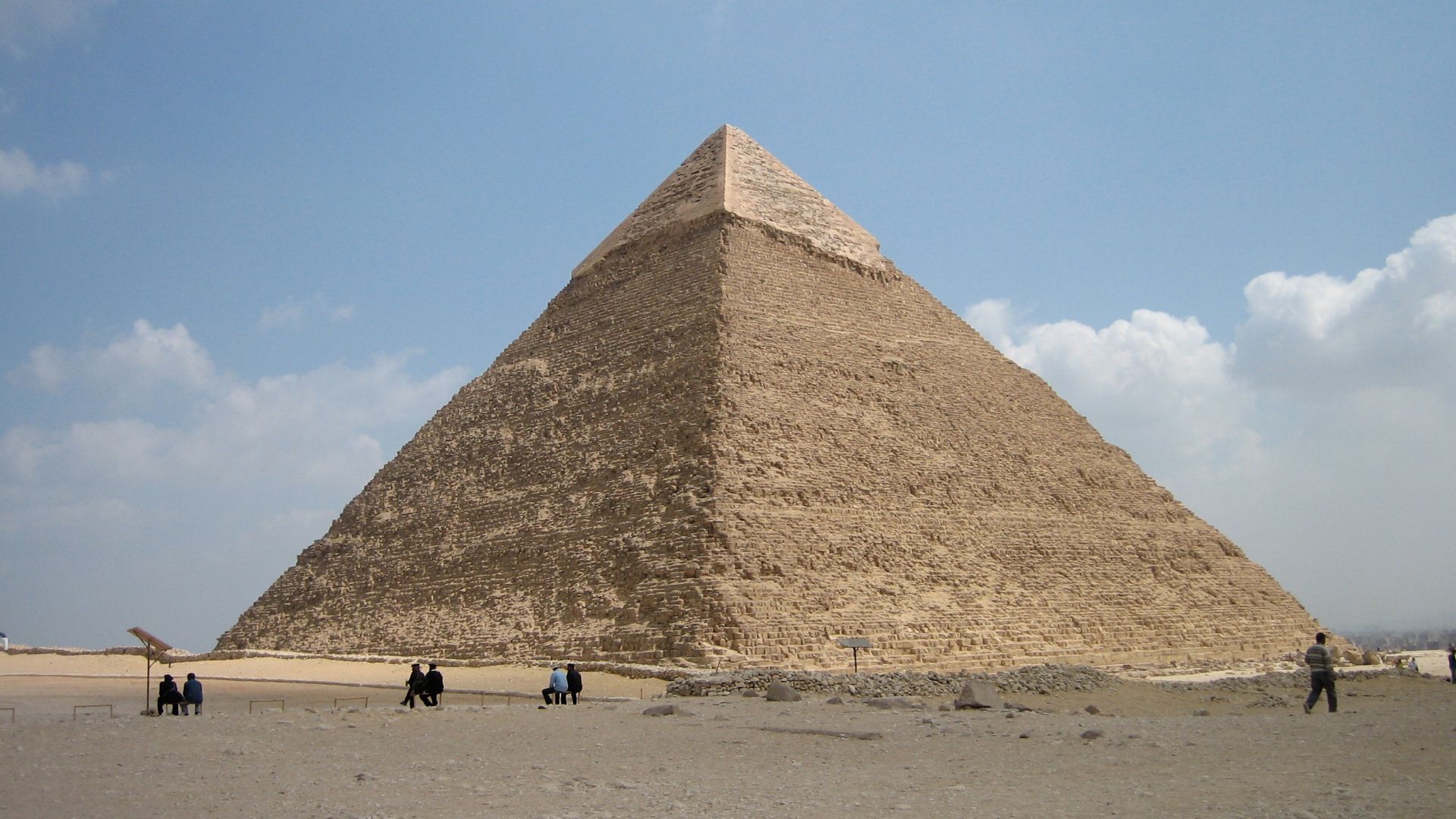 Jerome Bon from Paris, France on Wikimedia
Jerome Bon from Paris, France on Wikimedia
3. Pyramid Of Menkaure – 200 Feet (Giza, Egypt)
Although the smallest at Giza, Menkaure’s pyramid once featured a base layer of polished granite—a luxury not found in its neighbors. Its internal chambers are more elaborate, suggesting shifts in funerary traditions. Nearby temples hint at changes in ritual practices during his reign.
4. Step Pyramid Of Djoser – 203 Feet (Saqqara, Egypt)
Designed by Imhotep, Djoser’s step pyramid was originally encased in gleaming white limestone. It marked Egypt’s transition from mudbrick mastabas to monumental stone architecture. Underground, a labyrinth of galleries held thousands of offerings, reflecting a complex mortuary cult.
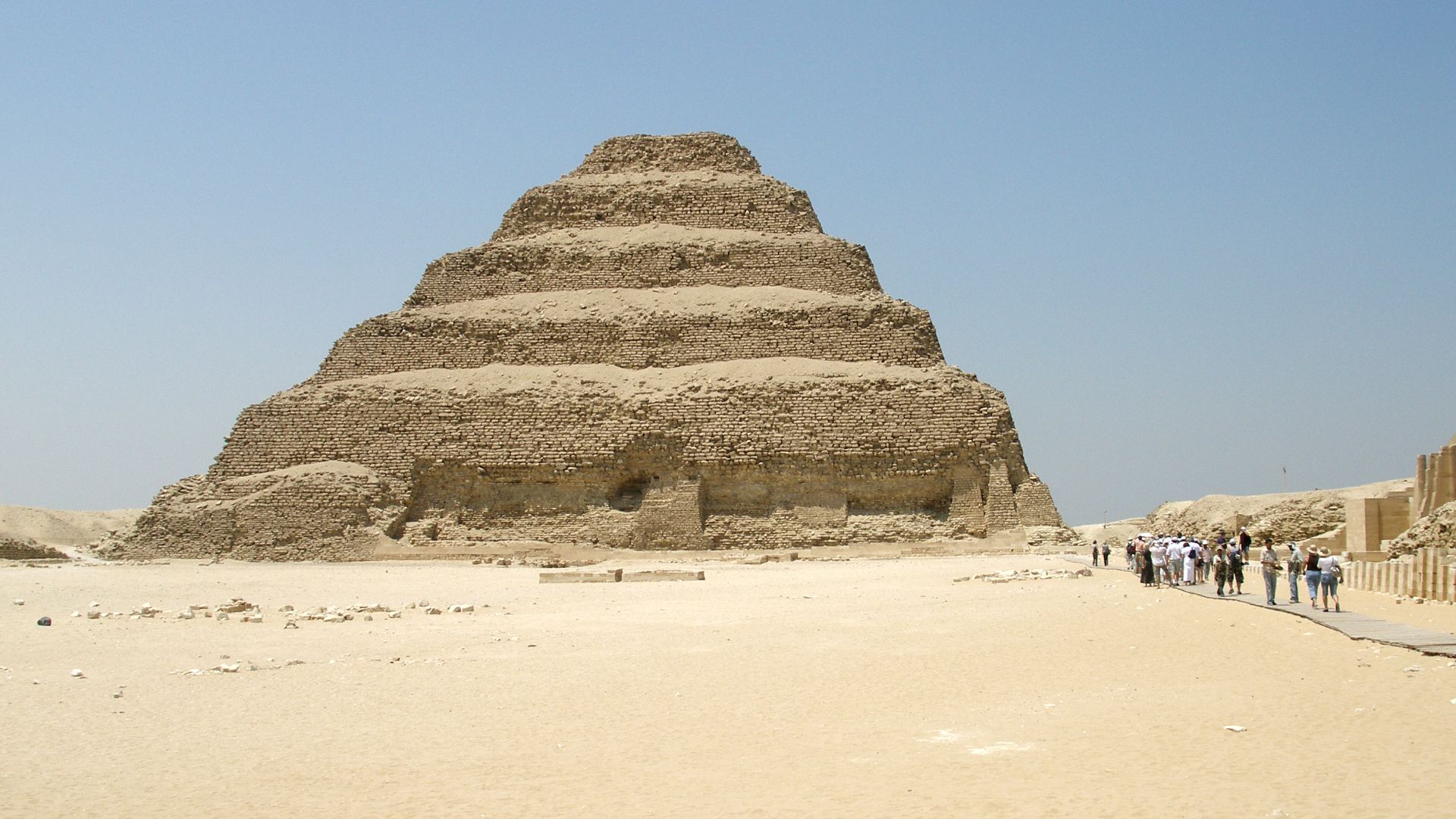 Vyacheslav Argenberg on Wikimedia
Vyacheslav Argenberg on Wikimedia
5. Red Pyramid – 344 Feet (Dahshur, Egypt)
Nicknamed for the red-tinged limestone used in construction, this was Sneferu’s third attempt at pyramid perfection. Its broader base and lower angle gave it unprecedented stability. Visitors can still enter a steep passage leading to a corbelled burial chamber.
6. Bent Pyramid – 344 Feet (Dahshur, Egypt)
This pyramid stands out for its unusual structure: it begins at a steep 54-degree angle, then shifts to a gentler 43-degree slope near the top, creating a distinctive "bent" profile. Uniquely, it features two separate chambers and dual entrances—an uncommon design in ancient Egyptian pyramids.
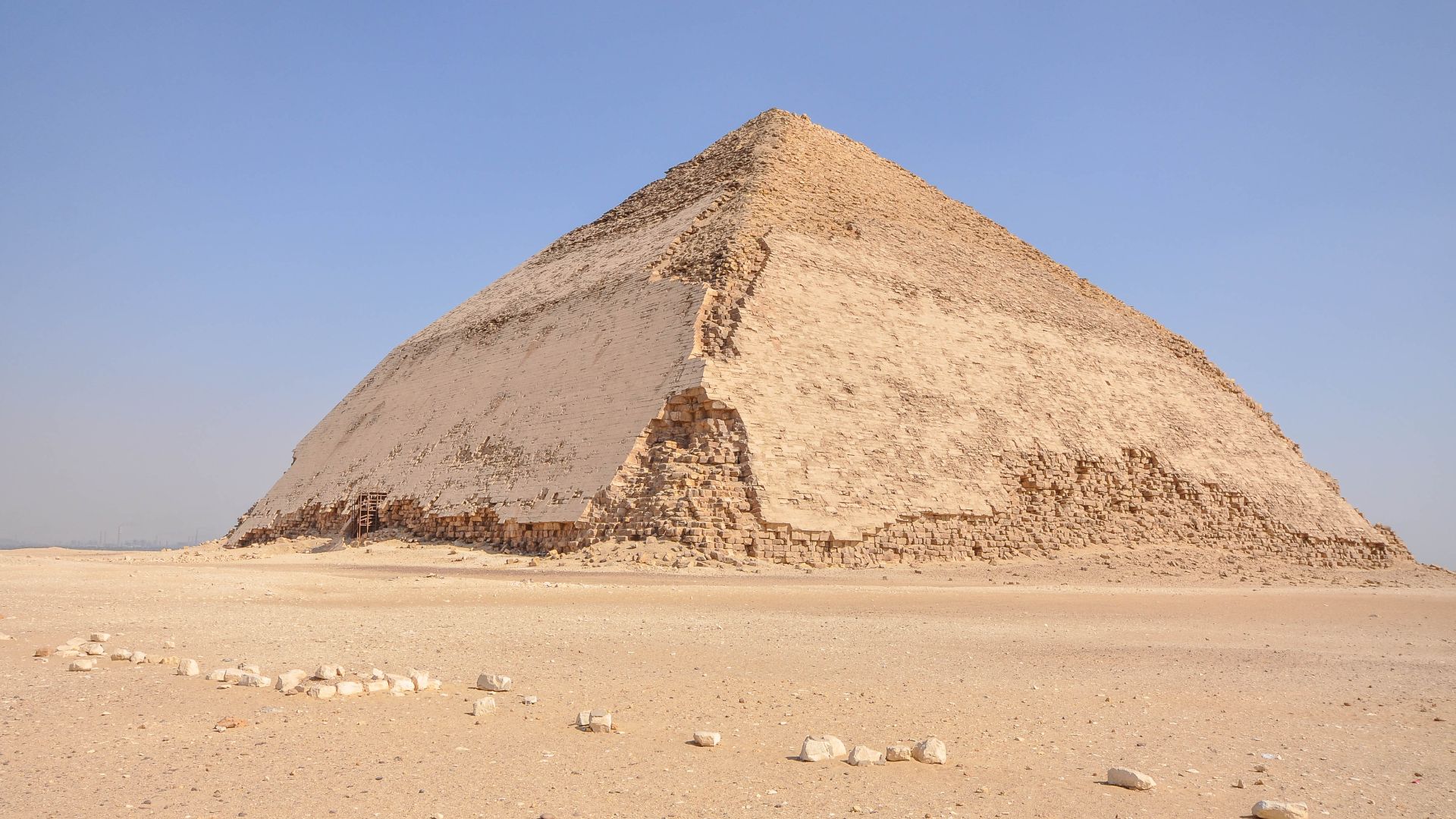 Jorge Láscar from Melbourne, Australia on Wikimedia
Jorge Láscar from Melbourne, Australia on Wikimedia
7. Pyramid Of The Sun – 213 Feet (Teotihuacan, Mexico)
Built over sacred caves, this massive structure aligns with the setting sun on specific calendar days. It once had a temple at its peak, possibly dedicated to a sun deity. Excavations beneath it have revealed offerings of obsidian and human remains.
8. Pyramid Of The Moon – 141 Feet (Teotihuacan, Mexico)
Framing the Avenue of the Dead, this pyramid was likely used for public rituals and sacrifices. Its layers reveal multiple construction phases, each expanding on the previous. The mountain behind it was chosen intentionally to mirror the structure’s shape.
9. El Castillo – 79 Feet (Chichen Itza, Mexico)
Each of its four staircases has 91 steps, totaling 365 with the platform—a solar calendar in stone. During the equinoxes, a shadow forms a serpent slithering down the steps. The pyramid’s design entails Maya cosmology and mathematical precision.
10. Great Pyramid Of Cholula – 216 Feet (Puebla, Mexico)
Hidden beneath vegetation and topped with a colonial church, it was built in stages over centuries. Excavated tunnels stretch over five miles, revealing altars and buried offerings. It's known as the largest pyramid by volume and base area.
11. Pyramid Of The Niches – 60 Feet (El Tajín, Mexico)
Adorned with 365 recessed niches—one for each day of the year—this pyramid likely served as a solar or ceremonial calendar. Its precise symmetry showcases the Totonac civilization’s architectural brilliance. On the spring equinox, sunlight strikes the structure in unique patterns, heightening its mystique.
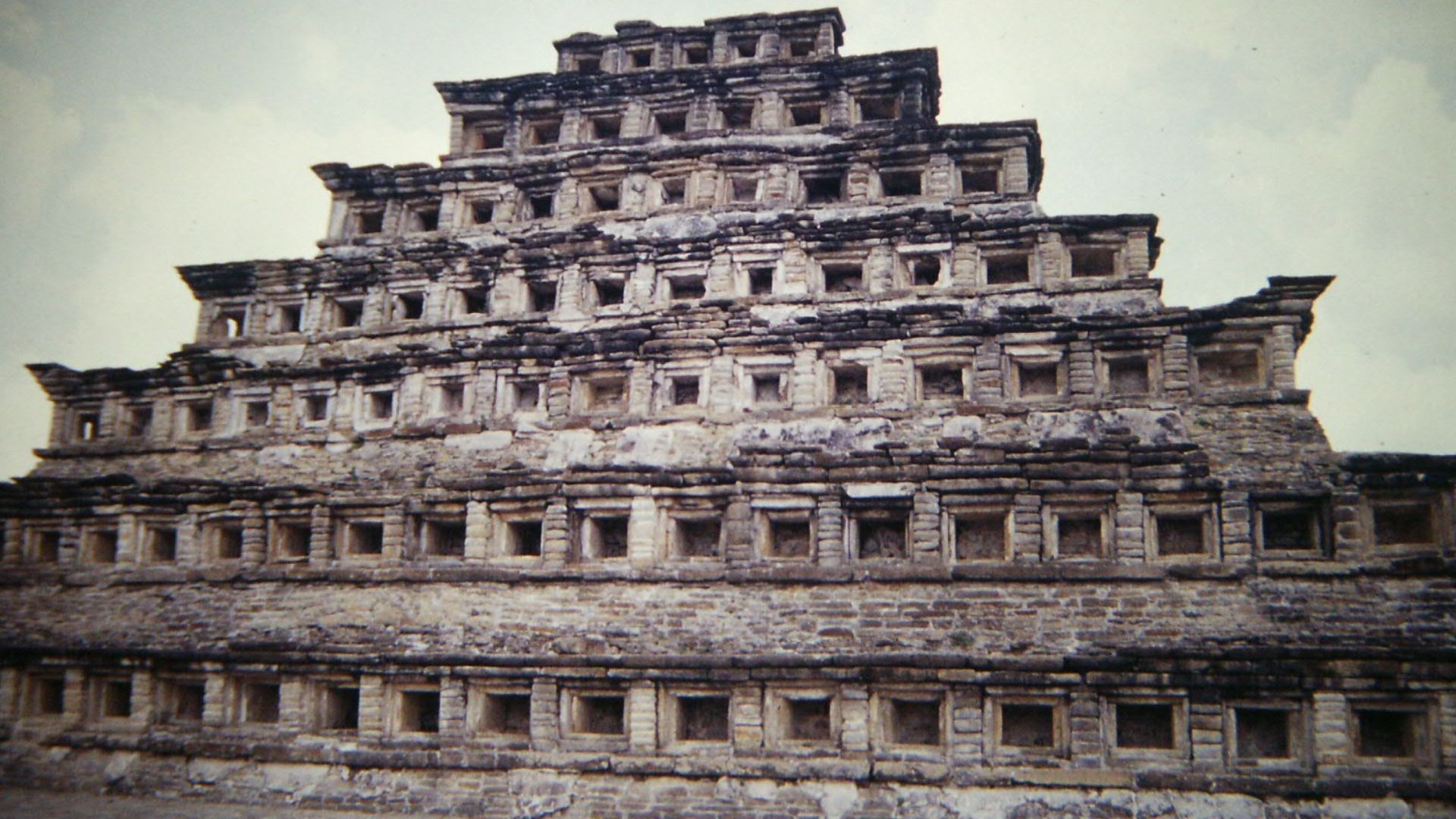 Gary Todd from Xinzheng, China on Wikimedia
Gary Todd from Xinzheng, China on Wikimedia
12. Temple Of The Great Jaguar – 187 Feet (Tikal, Guatemala)
This funerary pyramid holds the tomb of a powerful Maya ruler, adorned with jade and ceremonial goods. Its steep steps and vertical design resemble a stairway to the heavens. The jungle setting often shrouds it in mist, enhancing its appearance.
13. La Danta – 236 Feet (El Mirador, Guatemala)
Located deep in the rainforest, reaching it requires a multi-day trek through remote jungle. Archaeologists estimate that its total volume exceeds that of the Great Pyramid of Giza. Recent lidar scans show the surrounding city may have housed over 100,000 people.
14. Huaca del Sol – 135 Feet (Trujillo, Peru)
This adobe pyramid, built by the Moche, once housed a palace and ceremonial center. Colorful murals and symbols of warfare still decorate nearby walls. Looting by Spanish conquistadors and river erosion have heavily damaged it, yet it remains a key pre-Inca landmark.
15. Ziggurat Of Ur – 45 Feet (Dhi Qar, Iraq)
Constructed of mudbrick and bitumen, it once supported a temple honoring the moon god. Multiple ramps led to different levels—possibly for priests and royalty. It was restored in the 1980s and remains a centerpiece of ancient Mesopotamian archaeology.
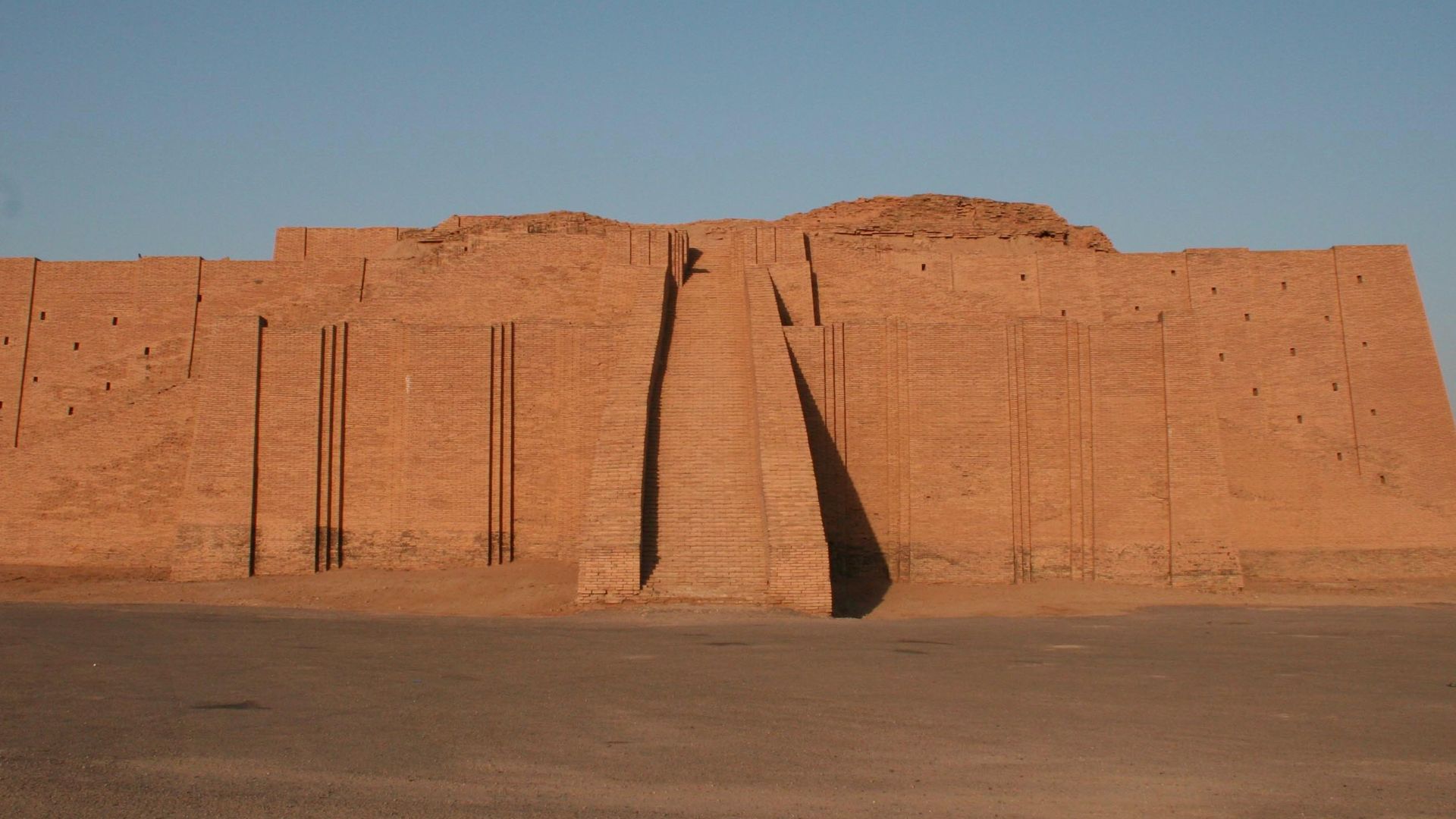 Tla2006 at English Wikipedia on Wikimedia
Tla2006 at English Wikipedia on Wikimedia
16. Pyramid Of Cestius – 120 Feet (Rome, Italy)
Built during a Roman craze for Egyptian culture, this marble-clad pyramid housed the tomb of a wealthy official. Its smooth surfaces and Latin inscriptions make it stand out against Rome’s classical ruins. It survived intact thanks to its incorporation into the city’s Aurelian Walls.
 Francesco Gasparetti from Senigallia, Italy on Wikimedia
Francesco Gasparetti from Senigallia, Italy on Wikimedia
17. Borobudur – 115 Feet (Java, Indonesia)
Each level of this Buddhist monument symbolizes a stage of enlightenment, culminating in a serene central stupa. Over 2,600 carved relief panels depict stories from Buddhist scriptures. Pilgrims traditionally walk the monument clockwise as a spiritual journey.
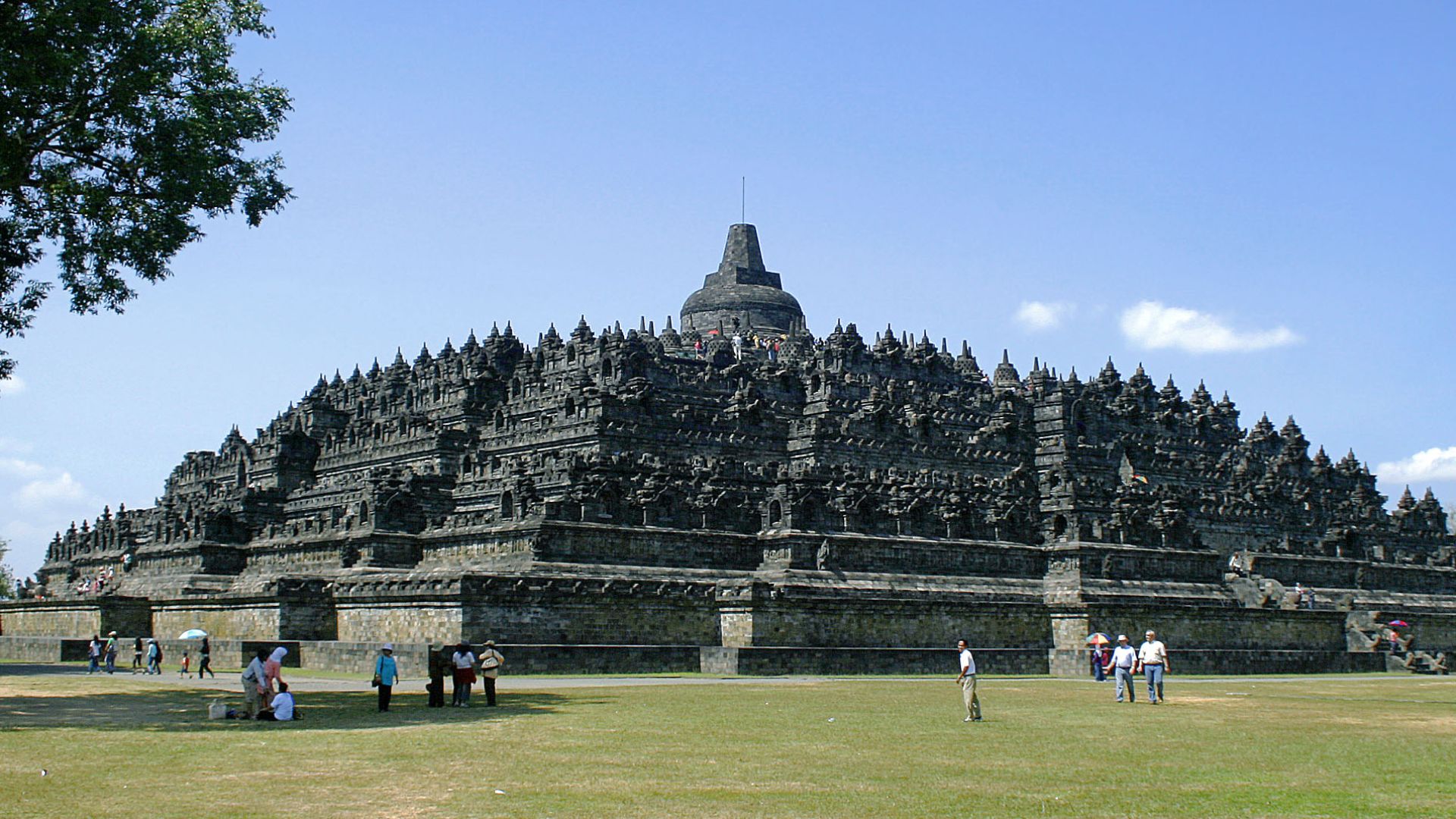 Gunawan Kartapranata on Wikimedia
Gunawan Kartapranata on Wikimedia
18. Prang At Koh Ker – 118 Feet (Cambodia)
Unlike the usual Angkor temple layout, this stepped pyramid follows a linear axis and stark geometry. It may have once housed a massive Shiva lingam. Local legends speak of mysterious energies radiating from its summit.
19. Luxor Pyramid – 350 Feet (Las Vegas, Nevada, USA)
Designed to mimic Egypt’s ancient wonders, the Luxor Hotel features slanted elevators and themed interiors. Its Sky Beam, said to be visible from space, makes it a Vegas landmark. Visitors enter through a replica Sphinx and find slot machines instead of sarcophagi.
20. Memphis Pyramid – 321 Feet (Memphis, Tennessee, USA)
Initially built as a sports arena, this massive structure now hosts a Bass Pro megastore complete with an indoor swamp and archery range. The glass-clad exterior reflects the Mississippi River. Locals sometimes call it “America’s strangest mall.”
KEEP ON READING

The Clueless Crush: How I Accidentally Invited a Hacker Into…
Fluorescent Lights and First Impressions. My name is Tessa, I'm…
By Ali Hassan Nov 4, 2025
This Infamous Ancient Greek Burned Down An Ancient Wonder Just…
History remembers kings and conquerors, but sometimes, it also remembers…
By David Davidovic Nov 12, 2025
Einstein's Violin Just Sold At An Auction—And It Earned More…
A Visionary's Violin. Wanda von Debschitz-Kunowski on WikimediaWhen you hear…
By Ashley Bast Nov 3, 2025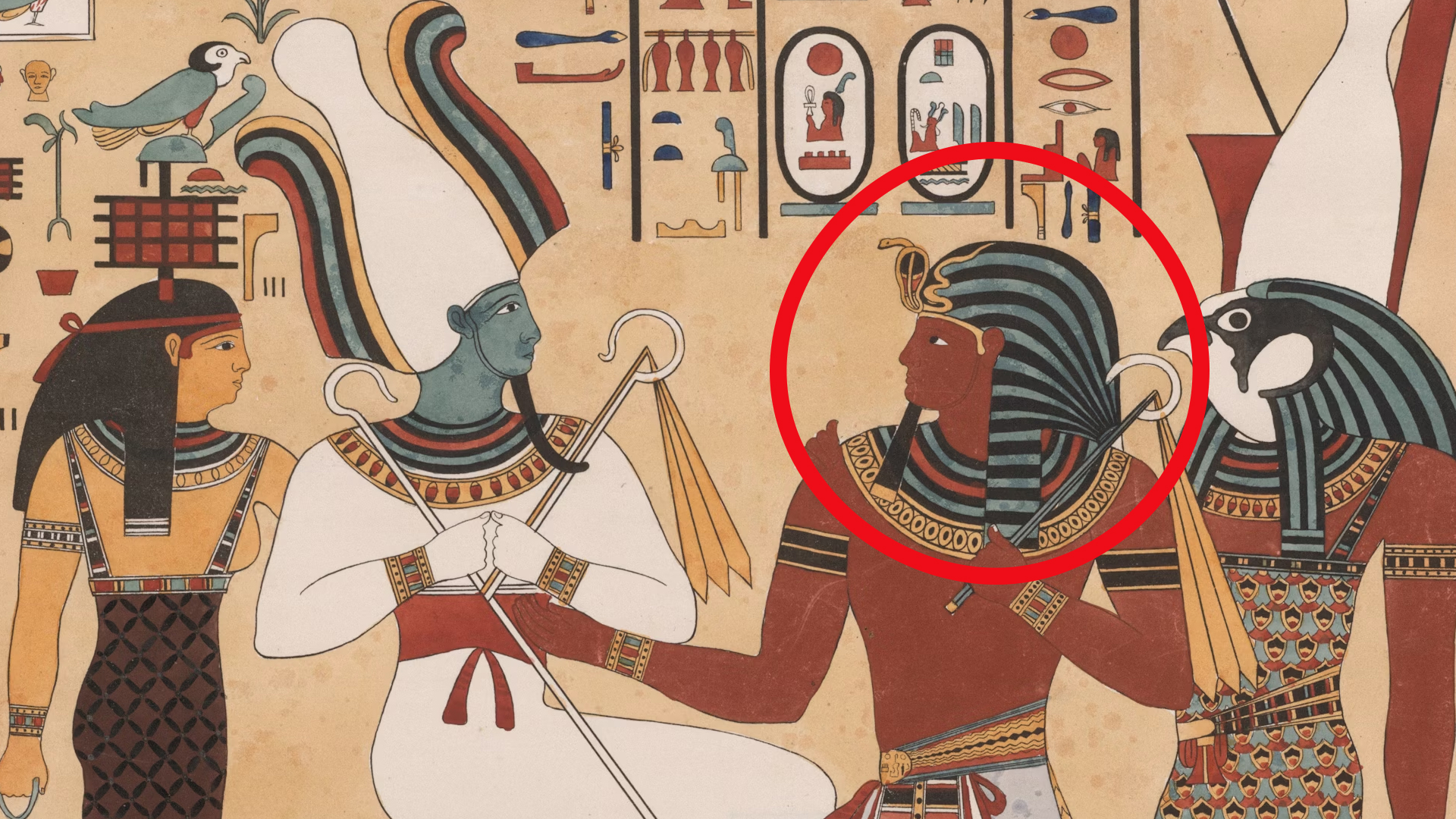
The Mysterious "Sea People" Who Collapsed Civilization
3,200 years ago, Bronze Age civilization in the Mediterranean suddenly…
By Robbie Woods Mar 18, 2025
20 Soldiers Who Defied Expectations
Changing the Rules of the Battlefield. You’ve probably heard plenty…
By Annie Byrd Feb 10, 2026
The story of Ching Shih, the Woman Who Became the…
Unknown author on WikimediaFew figures in history are as feared…
By Emilie Richardson-Dupuis Dec 29, 2025

